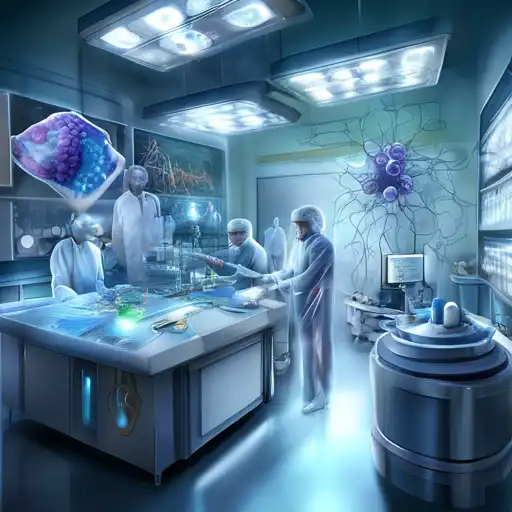Introduction to Nanotechnology in Medicine
Nanotechnology, the science of manipulating matter at the atomic and molecular scale, is set to revolutionize the medical field. With its potential to diagnose, treat, and prevent diseases at a cellular level, nanotechnology in medicine is indeed the next big thing. This article explores the groundbreaking advancements and the future prospects of nanotechnology in healthcare.
The Current State of Nanotechnology in Medicine
Today, nanotechnology is being used in various medical applications, from drug delivery systems to diagnostic tools. Nanoparticles can target specific cells, such as cancer cells, delivering drugs directly to the affected area without harming healthy tissues. This precision reduces side effects and increases the effectiveness of treatments.
Advancements in Drug Delivery
One of the most significant contributions of nanotechnology is in the field of drug delivery. Nano-carriers are designed to transport drugs to precise locations in the body, ensuring that medications are released in a controlled manner. This not only improves the efficacy of the drugs but also minimizes the risk of adverse reactions.
Nanotechnology in Diagnostics
Nanotechnology has also transformed diagnostic procedures. Nano-sized sensors can detect diseases at their earliest stages, even before symptoms appear. These sensors are capable of identifying biomarkers for diseases such as cancer, diabetes, and heart disease, enabling early intervention and better outcomes.
The Future of Nanotechnology in Medicine
The future of nanotechnology in medicine holds unlimited possibilities. Researchers are working on nano-robots that can perform surgeries at the cellular level, repair damaged tissues, and even target viruses and bacteria. The integration of nanotechnology with artificial intelligence could further enhance its capabilities, making personalized medicine a reality.
Challenges and Ethical Considerations
Despite its potential, the application of nanotechnology in medicine faces several challenges, including safety concerns, high costs, and ethical issues. Ensuring the biocompatibility of nanomaterials and addressing privacy concerns related to nano-sensors are critical for the widespread adoption of this technology.
Conclusion
Nanotechnology in medicine is paving the way for innovative treatments and diagnostic tools that were once thought impossible. As research progresses, we can expect nanotechnology to become an integral part of healthcare, offering hope for curing diseases that are currently untreatable. The journey of nanotechnology in medicine is just beginning, and its impact will be profound.
For more insights into the future of healthcare technology, explore our articles on medical innovation and future medicine.
